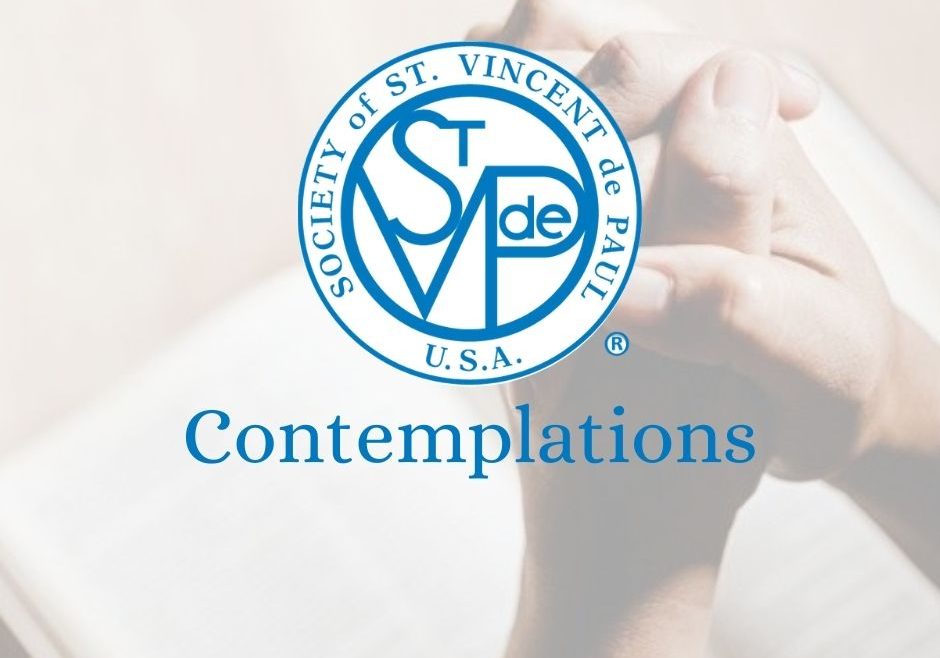Conference Meetings, the Rule tells us, “are held in a spirit of fraternity, simplicity, and Christian joy.” [Rule, Part I, 3.4] Like so much that we read in our Rule, this is less a set of instructions about exactly what we must do than it is a description of what a Vincentian, or Vincentian Conference looks like. So, does this describe my Conference? Would an outside observer describe our meetings that way?
Is our attitude towards one another that of family members, brothers and sisters, comfortable in each other’s presence, united in purpose and love? Do we think of our fellow Vincentians as burdens, or do we instead exemplify the old Boys Town motto, “he ain’t heavy, he’s my brother?”
Our first Rule said that ours would be a “model of Christian friendship” because of our brotherly (and now also sisterly) love. What would our visitor see in our Conference meetings that might cause him to describe us in this way?
Our spirit of simplicity, following the teaching of St. Vincent de Paul, “consists in doing everything for love of God” and always “saying things simply, without duplicity or subtlety, being straightforward, with no evasion or subterfuge.” [CCD XII:246] Do we say what we mean to one another? Do we welcome our fellow Vincentians’ honesty and frankness? Is the whole dialog of our meetings one of people unafraid to share and unafraid of disagreement? Do we disagree without being disagreeable?
Finally, are our meetings not only joyful, but held in a spirit of “Christian joy”? More importantly, what does that mean? Should our meetings always be filled with laughter and singing? It hardly seems as if they could be – and after all, as Pope Francis teaches in Evangelii Gaudium,” joy is not expressed the same way at all times in life, especially at moments of great difficulty.” But Christian joy, he continues, “adapts and changes, but it always endures, even as a flicker of light born of our personal certainty that, when everything is said and done, we are infinitely loved.”
Fraternity, simplicity, and Christian joy, then, are not merely actions we take, but expressions of who we are as Vincentians, joined in our commitment to each other and to the neighbor, serving in the hope that that we may share the joy of God’s infinite love.
Contemplate
Do my Conference meetings fill me with Christian joy?


